The new Eco-Design Regulation aims to promote sustainable production, while creating a stricter framework for most goods imported into the EU market.
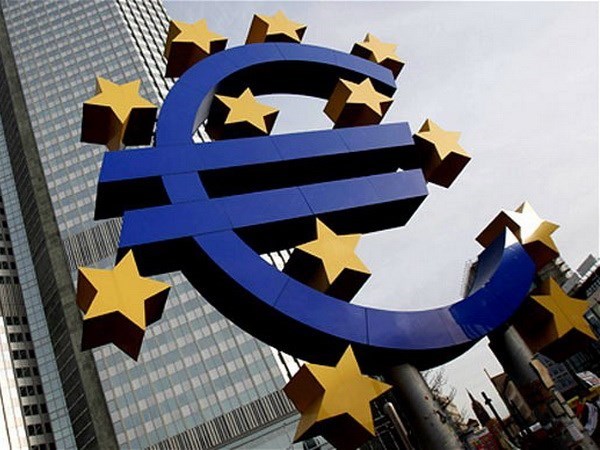 |
| European Union backs new Ecodesign Regulation |
According to a VNA correspondent in Brussels, on May 22, ministers from 27 European Union (EU) member states expressed their support for the proposed new Eco-Design Regulation, which includes a ban on the destruction of stockpiled items and a requirement to attach digital codes to items sold on the market.
The new regulation aims to promote sustainable production, while creating a tighter framework for most goods imported into the EU market.
In a joint statement, EU countries said the new rules would introduce tougher requirements, forcing manufacturers to improve the sustainability and reliability of their products, ensuring they are reusable, can be upgraded, repaired, recycled and are easier to maintain.
EU ministers met in Brussels and agreed on a plan announced by the European Commission (EC) last year that proposed banning the destruction of unsold goods including textiles, footwear and other consumer products.
The ban is exempted for small businesses in general, and for medium-sized businesses for a period of four years.
The new regulation will also affect many other consumer goods, except for food, animal feed, medicines and veterinary products.
Cars are also exempted from the above regulation because the EU has many other policies to limit the environmental impact of this item. Under the new regulation, businesses must add digital codes, such as QR codes, on all products. This is considered an electronic "passport" for items imported into the EU market.
The new Eco-Design Regulation also gives businesses a period of at least 18 months to adapt after the new regulation comes into force. EU member states also have two years to adjust how they apply the common regulation and add country-specific measures, which could include market surveillance and fines.
Analysts say the new rules will curb fast fashion , which has become a trend amid the rise of e-commerce but has a serious impact on the environment. According to the EU, the textile industry has the fourth largest impact on the environment and climate change after food production, housing and transport.
Swedish Minister for Energy, Business and Industry and Deputy Prime Minister Ebba Busch stressed that if the EU wants truly sustainable products, it needs to address the problem at its root, which is the design of the products. Busch said the new regulation would ensure that products meet the sustainability criteria the bloc is aiming for.
The rules will only come into force once the European Parliament and EU member states reach a consensus, expected in the coming weeks.
(According to Vietnam+)
Source link






![[Photo] Prime Minister Pham Minh Chinh meets with Hungarian President Sulyok Tamas](https://vphoto.vietnam.vn/thumb/1200x675/vietnam/resource/IMAGE/2025/5/29/dbcaa73e92ea4448a03fe1d0de6d68e8)
![[Photo] Vietnamese and Hungarian leaders attend the opening of the exhibition by photographer Bozoky Dezso](https://vphoto.vietnam.vn/thumb/1200x675/vietnam/resource/IMAGE/2025/5/29/94d8ceca5db14af3bf31285551ae4bb3)


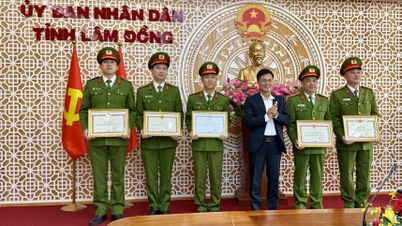





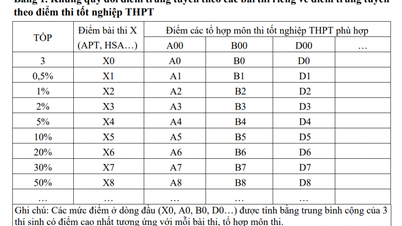











































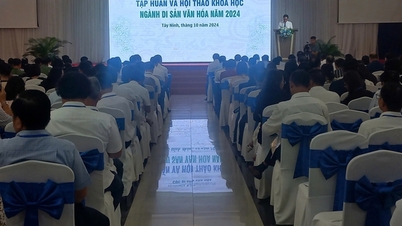





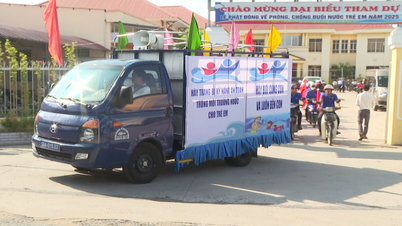
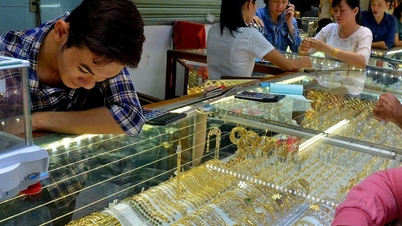




















Comment (0)